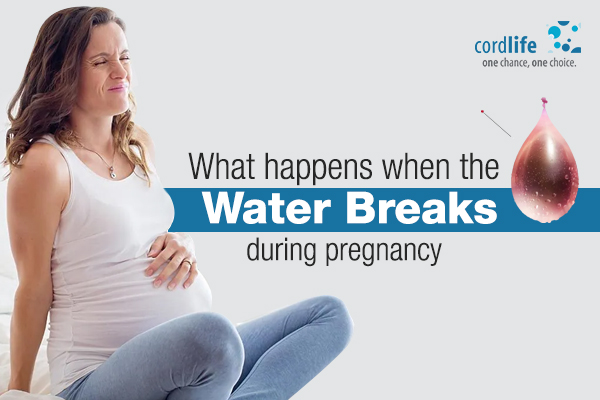Table of Contents
Your experience of delivering a baby may be different from your friend’s, relative’s, or neighbour’s. You must have also heard a lot about water break during pregnancy. Since this is a really uncomfortable situation for you, you might feel panicky or nervous.
Do You Know What a Water Break Is?
During pregnancy, the fluid-filled amniotic sac keeps the baby inside you safe and cushioned. At the beginning of labour, when the membrane ruptures, that is known as water break during pregnancy (One must not confuse it with losing the mucous plug). Having said that, when you’re getting ready for the delivery of your baby, your water breaks and leaks or goes out through the cervix and vagina. This usually occurs when you’ve reached the 39th week of your pregnancy.
Can Your Water Break Early?
However, if the water breaks before your contraction begins, that is, before reaching the 37th week of your pregnancy, it is known as pre-labour rupture of membranes (PROM). But PROM is a rare occurrence. Moreover, you might be at a high risk of PROM when –
- You don’t get enough nutrition
- You are pregnant with twins
- You have too much amniotic fluid
- You bleed in your second and third trimester
- You may have an infection in your womb
- Your cervical length may be short
How Does It Feel When Water Breaks?
The water-breaking signs might appear different for each one of you. But, how will you be able to tell whether your water has broken?
- While some of you may feel a fluid trickling down uncontrollably, others may feel dampness in the innerwear. Such dampness may look like you might have peed or have had a vaginal discharge. But there is a thin line between urine and amniotic fluid. Urine is pungent-smelling while amniotic fluid is odourless, colourless or pale-yellow liquid.
- There is constant leakage
- You might feel a slow drip
- The leakage may start and stop
What To Do When Water Break During Pregnancy?
While for some of you, labour may start soon after the water has broken, for others, you may experience some delay in water breaking. However, if, somehow, you don’t feel any signs of contractions, after your water has broken – which may be due to the early stages of labour, or mild contractions; you needn’t worry at all. You can deal with it either naturally or medically. As far as the natural treatments are concerned, you can walk slowly, take some rest, and do some relaxing activities. On the flip side, to deal with your water break medically, your healthcare provider may suggest you be at home and wait and see whether contractions start. Your healthcare provider may even suggest a visit to the hospital after you experience the water-breaking symptoms.
Water breaking can be both challenging and exciting. After all, very soon your baby will arrive and your whole world will revolve around him/her. Accept the challenge with a smile. For more interesting information on pregnancy and the benefits of cord blood banking, follow our blog page.
